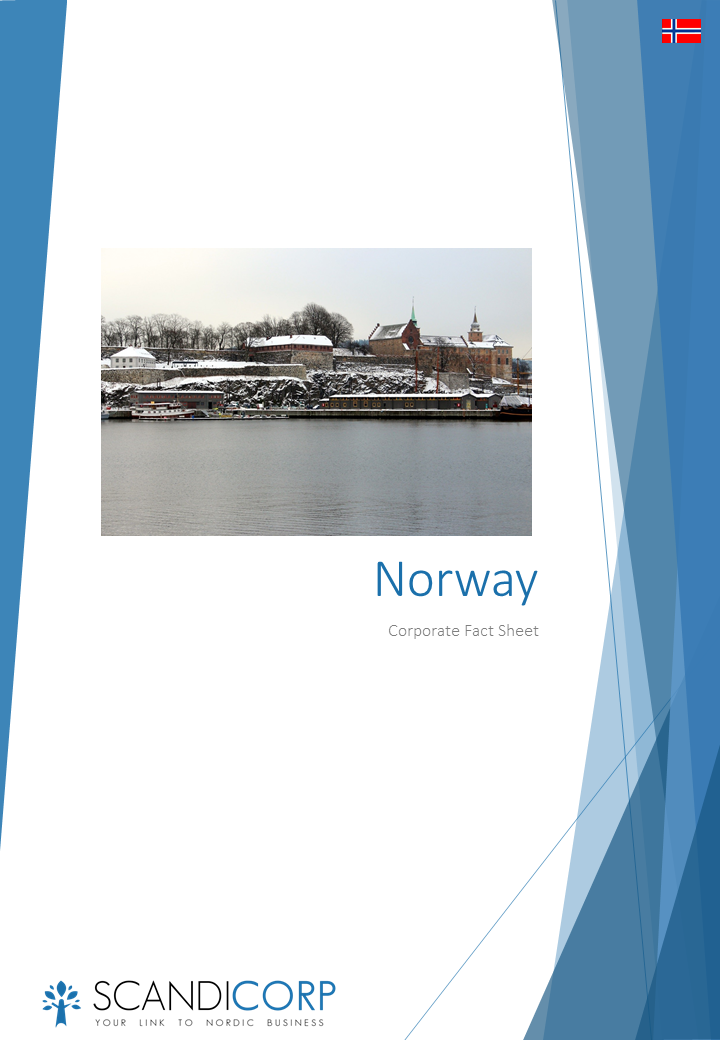Finland and Sweden rank 1st and 2nd respectively in how its domestic policies support worldwide innovation, according to an analysis released today by the Information Technology and Innovation Foundation (ITIF), a global technology policy think tank. The findings come in a new report assessing 56 countries—which together comprise close to 90 percent of the world’s economy—on the extent to which, on a per-capita basis, their economic and trade policies contribute to and detract from innovation globally.
“Robust innovation is essential for economic growth and progress,” said co-author Stephen Ezell, ITIF’s vice president for global innovation. “As countries increasingly vie for leadership in the innovation economy, they can implement policies that try to benefit only themselves but harm the production of innovation in the rest of the world. Or they can implement ‘win-win’ policies that bolster their own innovation capacity while also generating positive spillovers for the entire global economy. For innovation to flourish around the world, we need a system that is doing much more of the latter.”
While previous research has ranked countries based on innovation capabilities or outcomes, this report is the first to assess the impact of countries’ policies on the broader innovation system. The authors examined 14 factors that not only support innovation domestically but have positive spillover effects globally, such as supportive tax systems and investment in R&D and human capital, and another 13 factors that have negative spillover effects, such as forced localisation and weak intellectual property protection. Finland’s 1st-place overall ranking reflected a combination of policies that the report found to be 3rd best in their positive contribution to the global innovation ecosystem and also the least damaging.
While six European countries were in the top 10 for their positive contributions to the global innovation ecosystem, the continent’s prominence on the list was driven in particular by holding nine of the top 10 spots for being the least damaging. Finland, Sweden, the United Kingdom, and the Netherlands were all ranked in the top 10 in both categories.
The report also found a strong correlation between countries’ contributions to global innovation and their levels of domestic innovation success, meaning that doing well domestically on innovation policy can also mean doing well for the world.






